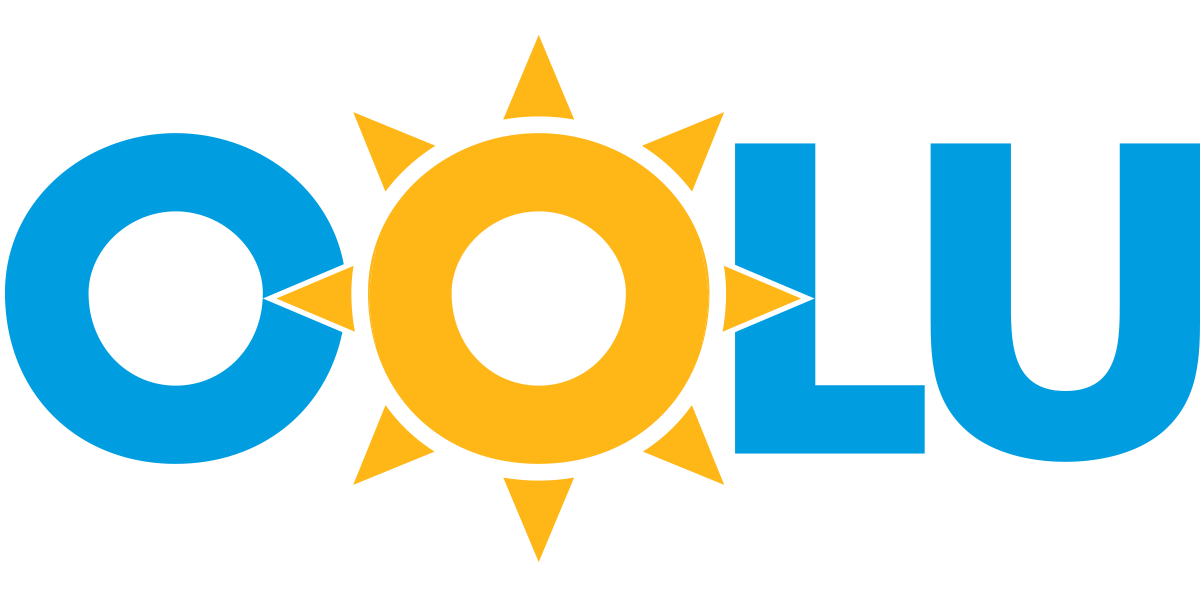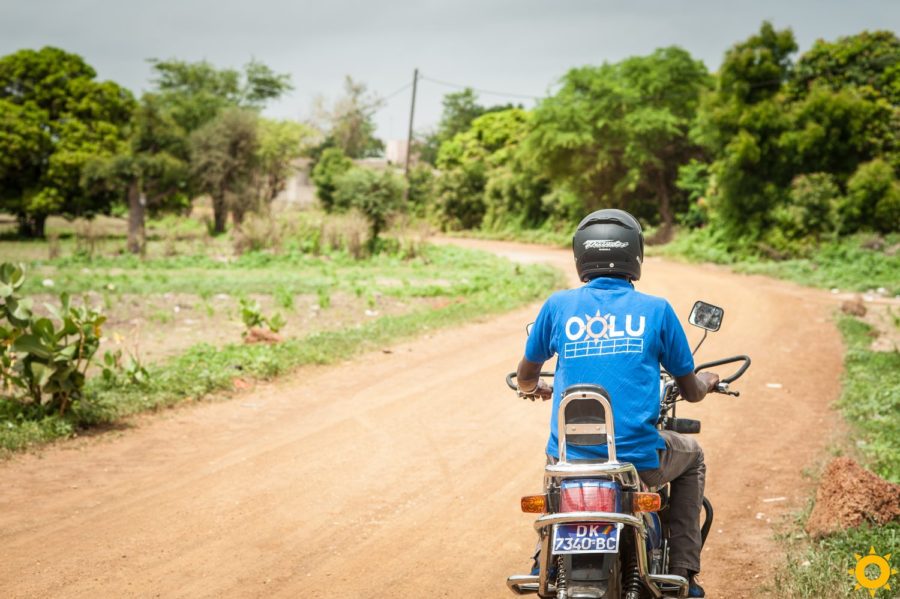The government of Senegal, led by President Macky Sall, has made increased renewable energy generation one of the key pillars of its power generation strategy, with hopes of achieving universal access to electricity by 2025.
As part of its Plan for an Emerging Senegal (PES), the government expects increased generation capacity to help position Senegal as a middle-income nation by 2035.
A target of 15% renewable energy in Senegal’s energy generation mix looks set to be accomplished ahead of the 2025 schedule, as colossal utility-sized wind and solar power plants are due to be added to the national grid within the next two years.
The country has traditionally relied on imported liquid fuels for its oil and diesel-fired plants, but recent discoveries in oil and gas reserves could make Senegal an oil exporter in the coming years.
A further objective of 25% of renewable energy in the mix by 2030 looks achievable, according to Massaer Cisse, Senegal general manager of renewable power generation company Lekela Power.
“It’s an aggressive target and with that target come challenges, notably that grid integration and transmission will have to keep up with supply.
“It’s vital that all stakeholders are involved in work to upgrade the grid, but things are moving in the right direction,” says Cisse.
These are dramatic developments for a nation formerly hampered by the low supply and high cost of electricity, which stunted economic growth at the beginning of the decade.
Between 2010 and 2018, access to electricity increased from 54% to 68% according to the World Bank, and generation capacity rose from a 2012 low of 573 MW, to a current 864 MW capacity, subsequently providing cheaper tariffs for consumers.
Senegal has experienced yearly GDP growth above 6% since 2015, and optimism about further growth among the young and rapidly expanding 16.6m population is palpable.
The power market continues to benefit from a partially liberalised structure, allowing private companies to build and operate power plants, while transmission and distribution remains controlled by state-owned utility Senelec.
West Africa’s largest windfarm
Lekela – a 60:40 joint venture between emerging market investor Actis and a consortium led by Mainstream Renewable Power – has initiated construction on the Taiba N’Diaye windfarm, 80km northeast of Dakar.
Once complete in 2020, it will be the largest windfarm in West Africa, adding 158.7 MW to the grid and providing more than 450,000 MW hours of energy per year for 2m people.
Lekela deploys its fund in Africa, with a portfolio of three established windfarms in South Africa, and development of additional plants in Ghana and Egypt.
Chris Ford, Lekela’s COO, says that the business can add value to a nation benefiting from a stable government, and political leadership committed to a vision of how it wants the market to develop.
The company also profits from advancements in technology that will enable it to install 46 Danish-made Vestas turbines that will each be able to produce 3.45 MW of energy.
Wind turbines are getting bigger, more powerful and increasing in generating capacity, enabling greater returns.
“The technology is getting cheaper over time, particularly as turbines get bigger the physical and technical limits the turbines push out increase.
“The direction of travel for renewables is positive and I think it continues to surprise people just how competitive it can be. As rates go down, and with the comparative volatility of oil prices, renewables become mainstream,” says Ford.
The Lekela project is also expected to contribute up to $20m to the local community and provide 400 jobs during construction, while continued employment opportunities will be provided for a maintenance team during operation of the plant for at least 25 years.
Spurred on by the successful construction of smaller scale solar plants, Senegal launched a tender process in 2018 to build two further plants with a combined installed capacity of 60 MW, which will almost double existing capacity.
Developed in partnership with the International Finance Corporation and part of a wider initiative called Scaling Solar, 14 bids were tabled.
The French alliance of Engie, the utility, and Meridiam, the infrastructure investor, won at auction.
Engie is currently building the plants in Kahone, near Kaolack, and Kaël in the Diourbel region, and they will represent one of the fastest buildouts of renewable power in Africa.
The contract was awarded with prices approximately 60% lower than the solar contracts previously agreed in Senegal.
Smart move
“In Senegal, they did something very smart, which other countries should learn from,” says Philippe Miquel, Engie Africa regional director.
“They built six solar plants without tender slightly above market rates to get the ball rolling, and in doing so they managed to bring four or five solar plants on budget, on time, and build an industry first”.
With companies confident they can quickly build a solar PV plant and take it to market, and sure they will be paid by Senelec, the market looks ripe for growth, with foreign capital set to follow.
Despite encouraging growth and a national utility aware of the need to increase transmission and distribution networks, there is a requirement for more nimble players in the market.
While there’s an 88% connection rate to the grid in urban areas, that number falls to 40% in rural areas, according to Power Africa, the US development programme.
A new marketplace, built for Taiba’s farmers and traders to sell their goods, has now been completed.
Faced with the choice of expanding the grid network deep into rural areas at cost or choosing not to, Miquel believes it would be best for Senelec to chose the latter.
“As you reach out to people far away from the network it is costing per connection an enormous amount of money that’s not worth the investment, because the people, particularly in rural areas, consume very little,” he says.
Which is where the importance of mini-grids and companies like Oolu Solar – who sell solar home systems and in-home chargers – will play a key role if the country is to reach its target of universal electrification by 2025.
The long-term prospects for solar generation will face a brighter future if battery storage technologies can be developed and implemented in the country.
Senelec has expressed interest in piloting this solution, but owing to the high cost and unproven revenue streams of the technology it is yet to take off.
Despite these challenges, multinationals continue to show increasing interest in the renewable market in Senegal.
“There’s a clear vision and master plan so that’s really reassuring for a developer like ours, so Senegal is a market we want to continue investing in,” says Miquel.












